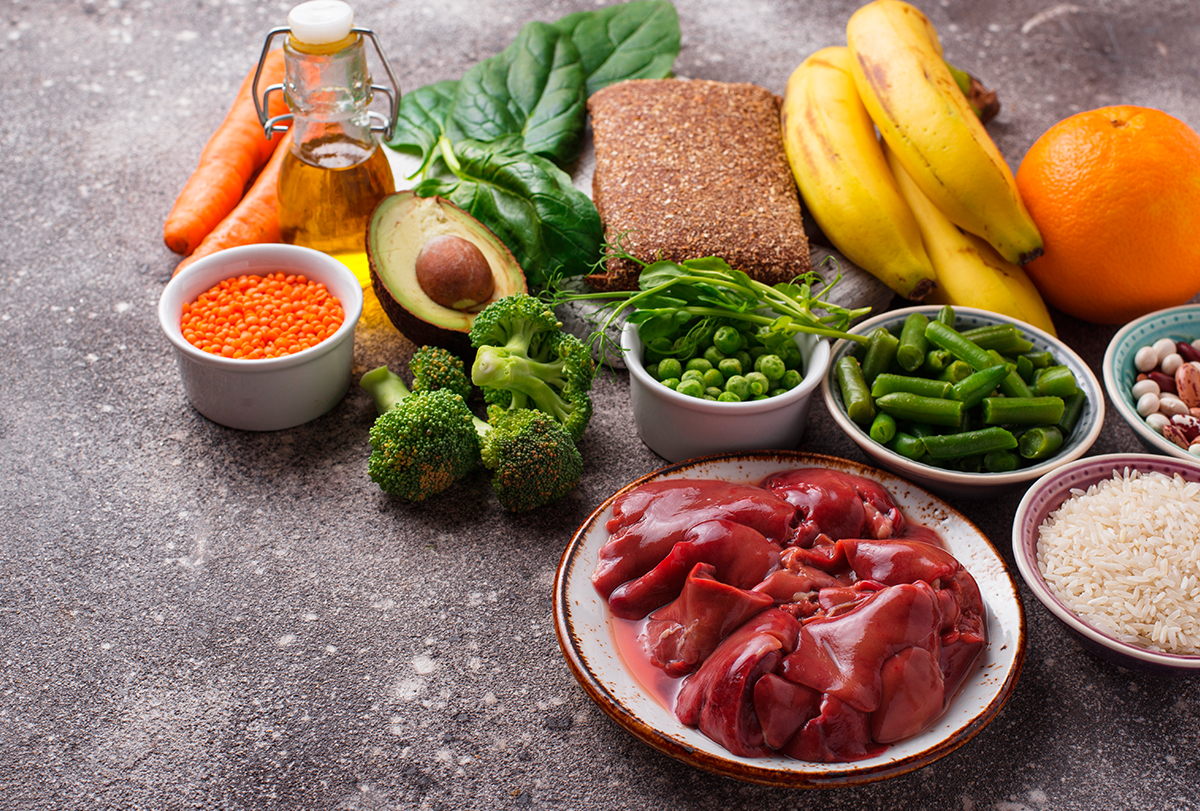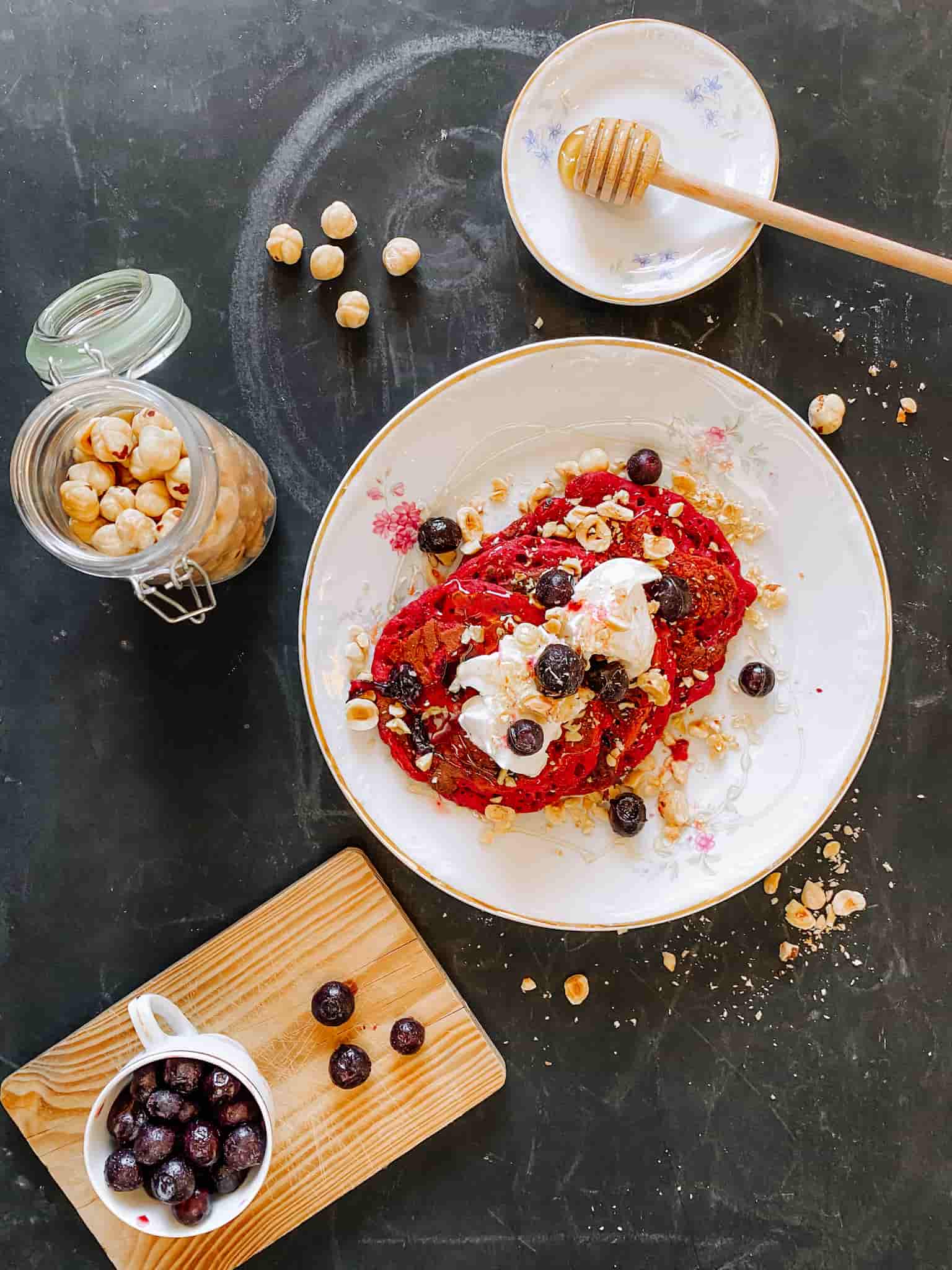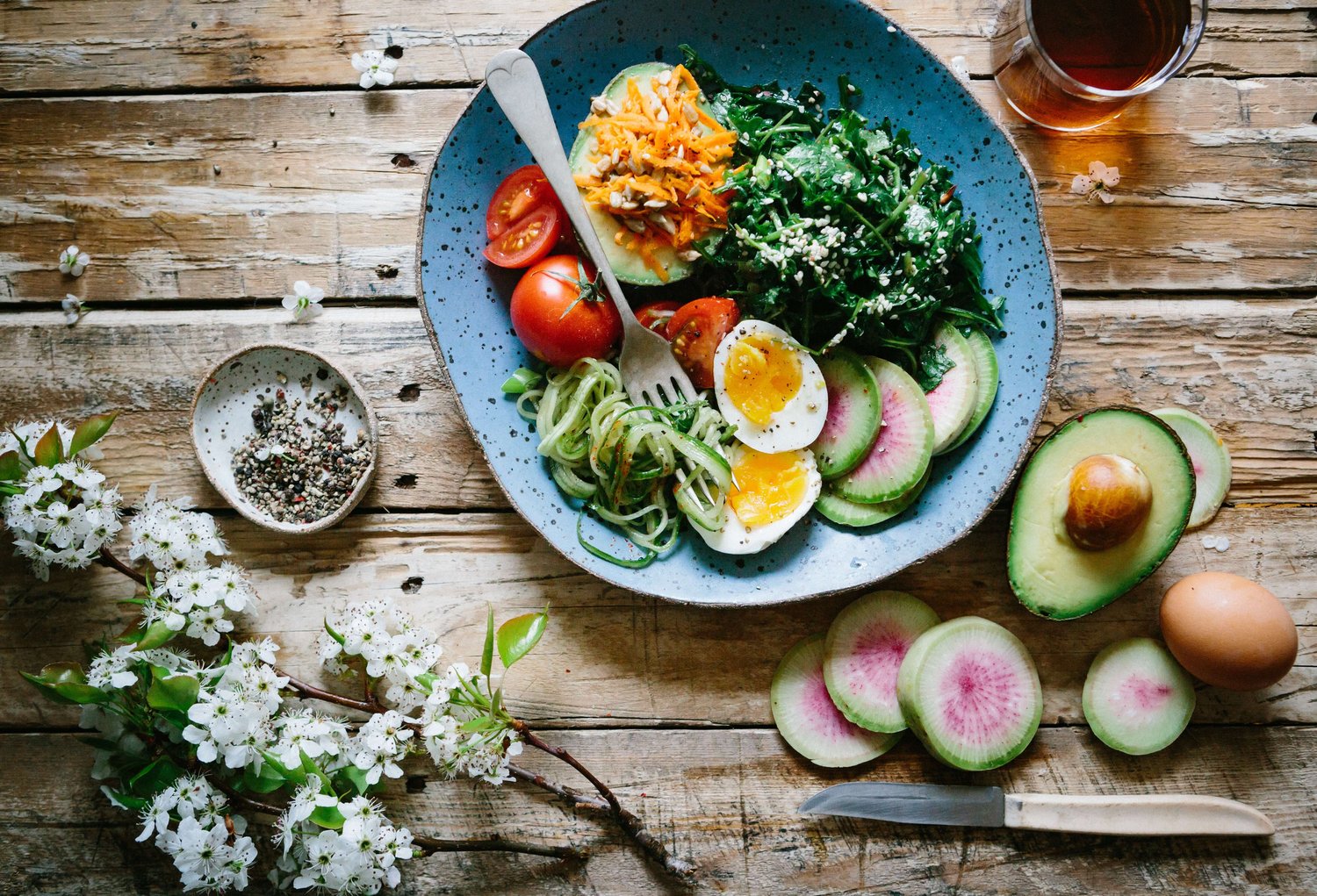
Introduction
The most basic definition of haemoglobin is that it is an iron-rich protein found in red blood cells that primarily transports oxygen to each and every cell of your body. After the release of oxygen, haemoglobin is also responsible for transporting carbon dioxide from red blood cells to the lungs. Thus, the transportation of oxygen and carbon dioxide is dependent on haemoglobin levels and RBC count. Therefore, if you have low haemoglobin levels, your body will struggle to carry out these basic functions effectively.
Low haemoglobin levels can be caused by a variety of factors, including:
- a lack of iron i.e. anaemia
- blood disorders that affect the body’s ability to make hemoglobin and red blood cells
- Infections of the urinary tract
- Lack of essential nutrients like iron and vitamins B12 and B9
- Inadequate production of red blood cells in the body
- genetic disorders like sickle cell anemia, and auto-immune disorders
- Loss of blood due to an injury or illness.
Furthermore, some people have naturally low haemoglobin levels for no apparent reason. Others have low haemoglobin but show no symptoms.
In this post, we will discuss some super-effective tips to enhance the count of haemoglobin in your blood without any medication.
So, if you suspect or know you have low haemoglobin levels, read on to know natural ways to restore your haemoglobin to normal levels.
Tips To Increase Hemoglobin Count at Home
Fixing Low Hemoglobin Count at Home
In general, consuming a well-balanced diet rich in essential nutrients is the best way to maintain healthy red blood cells and haemoglobin. Here are some dietary and lifestyle remedies that will foster your haemoglobin level and combat anaemia.
Eat an apple or a pomegranate
Apples and pomegranates are rich in iron and other health-friendly components that are required for a healthy haemoglobin count. So, eating an apple or a pomegranate every day can help you maintain a normal haemoglobin level and promote healthy blood flow in your body.
Drink herbal teas
Herbal teas such as nettle tea, hibiscus tea, ginger lemon tea, mint tea, and shatavari tea are not just common herbs; but they are also high in B vitamins, iron, and vitamin C. According to healthcare professionals and doctors, these teas can help boost a person’s haemoglobin levels.
Consume beetroot juice
Consuming beetroot is an effective and reliable way to help you to keep your hemoglobin level in normal limits. Beetroots are high in potassium, fibre, and folic acid, in addition to being high in iron.
Add more greens to your plate
Spinach, shalgam ka saag, mustard greens, broccoli and chilli are good sources of iron. Regular consumption of these greens aids in increasing the hemoglobin level and red blood cell numbers.
Eat dates and raisins
Energize your morning breakfast with the goodness of dates and raisins. This will provide your body with essential nutrients such as iron, magnesium, copper, Vitamin A, and Vitamin C for the whole day.
Add brown rice to your meals
Brown rice is regarded as a superfood that can protect you from a variety of diseases, including stomach problems and cholesterol issues. Not only that, but brown rice is high in iron, which can help you maintain healthy haemoglobin levels.
Eat more dark chocolate
Dark chocolate is considered to be the dark horse in fighting iron deficiencies. In addition to a high concentration of iron, the raw cacao in dark chocolate contains antioxidants called flavonoids. So, if you want to keep your haemoglobin levels stable, you should start eating dark chocolate more frequently.
Avoid iron inhibitors
If you want to maintain healthy haemoglobin levels, you should avoid eating foods that inhibit your body’s ability to absorb iron. Beverages like tea, coffee, wine, beer, and cola drinks inhibit the iron absorption from food.
Exercise regularly
When it comes to overall health, the importance of exercise cannot be overstated. When you exercise, your body produces more haemoglobin to meet the increased demand for oxygen throughout your body. If you have low haemoglobin levels, you should indulge in moderate to high intensity workouts on a regular basis to maintain haemoglobin levels in your body.
Consume food prepared in iron utensils
Several studies have proven that foods cooked in cast iron cookware can have immense health benefits. This is because an iron utensil adds iron to your food, making it more effective for people with low haemoglobin levels.
Final thoughts
You can increase your haemoglobin count by making dietary changes and taking supplements. However, in some cases, low haemoglobin cannot be corrected solely through diet and supplements and requires medical intervention. If untreated, it can progress to iron deficiency known as anaemia.
If you experience any of the following symptoms while attempting to raise your haemoglobin level, consult your doctor:
· Pale skin and gums
· Fatigue
· Frequent headaches
· Shortness of breath
· A rapid or irregular heartbeat
· Frequent or unexplained bruising



:quality(80))




